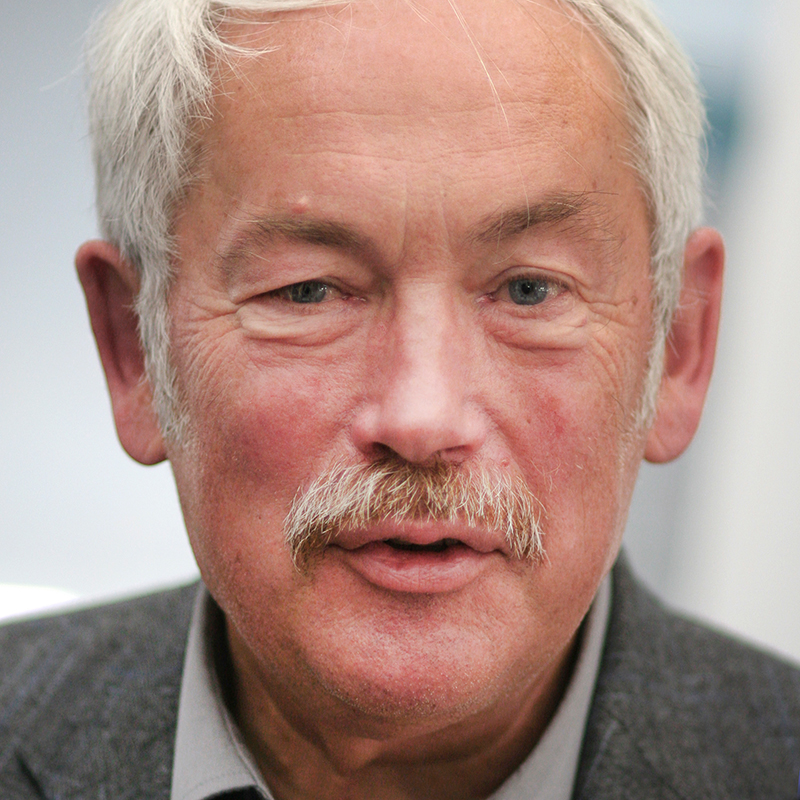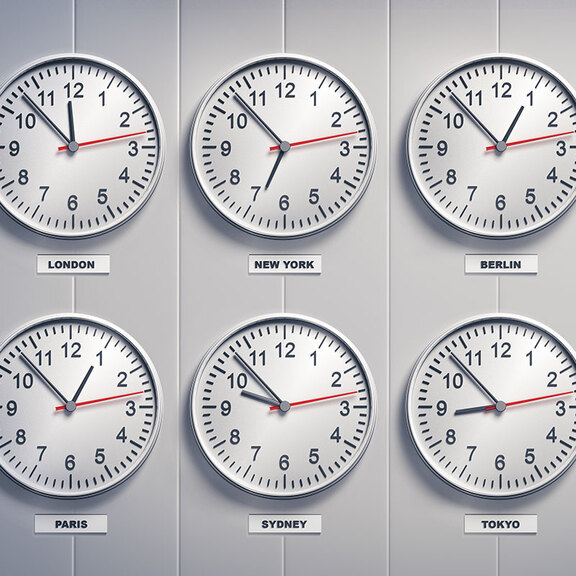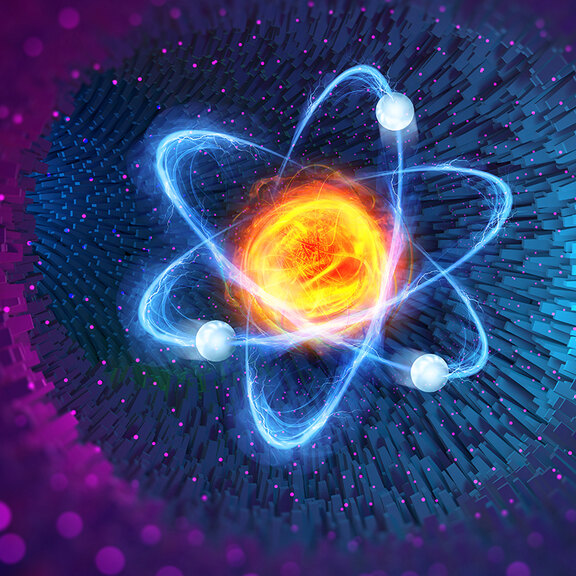There are things for which the human mind is simply too limited. The quantum world is one such example. Laws apply here that contradict our everyday experience. In physics, a quantum is the smallest possible amount of any physical entity – in a quantum computer, this might be a charged atom (an ion) or a specific quantity of electrons in a circular current. The basic unit of information in quantum computers is called a qubit – based on the bits in conventional computers. The special thing about universal quantum computers is that their computing power is not linear, but doubles with each additional qubit. In addition to quantity, however, their quality is key, i.e. their entanglements with each other and the coherence time, which is a measurement of how long a qubit can maintain an intermediate state of zero and one. In 2019, IBM introduced the first commercial quantum computer. The Fraunhofer Institute for Open Communication Systems FOKUS reports, with reference to Morgan Stanley, that the market for high-end quantum computers will double to $10 billion per year by 2025.
But what does a quantum computer do exactly? Quantum computers can be used to better understand chemical reactions, for example. They could also help develop new materials or medicines. Car manufacturers have been researching quantum-optimized models to improve the flow of traffic in cities for years. The potential applications are therefore many and varied – and research into quantum technology is far from over.
(Header: Production Perig – AdobeStock)




